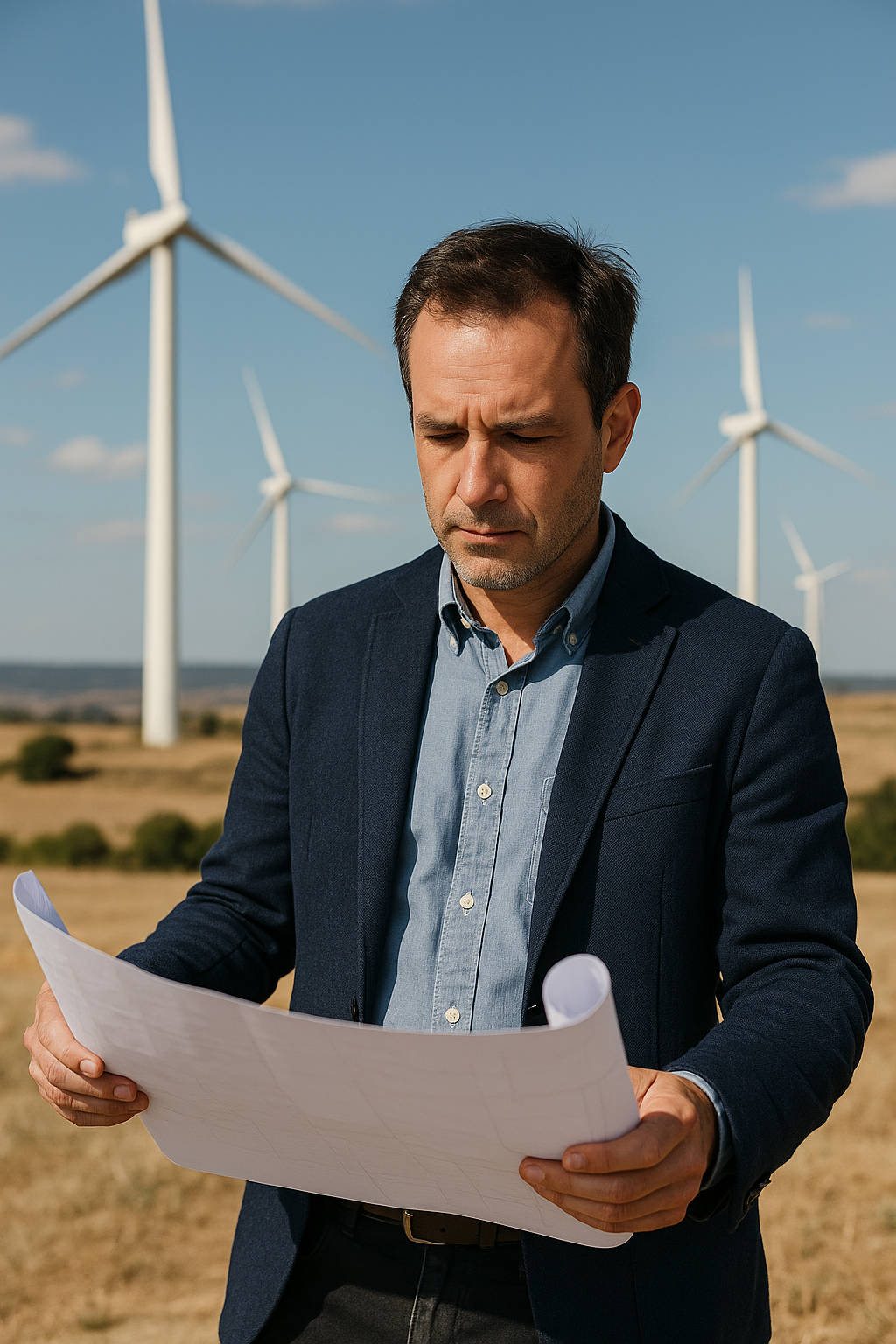In today’s pharmaceutical sector, not only manufacturing but also distribution and logistics are processes of critical importance. Pharmaceutical distribution companies operating in Turkey play a vital role in protecting public health and are subject to a stringent legal framework. 1. Licensing Requirement for Pharmaceutical Distribution Activities Companies intending to distribute human medicinal products in Turkey […]
In today’s world, the rise of global supply chains and cross-border collaborations has significantly increased the frequency with which Turkish companies enter into commercial contracts with foreign partners. However, in this process—where different legal systems, trade customs, and judicial practices intersect—careful drafting of commercial contracts is of critical importance to minimize contract-related risks. 1. Governing […]
Energy investments, such as those in renewable energy, natural gas, petroleum, and electricity markets, involve complex regulatory, financial, and operational challenges. Legal risks are among the most significant threats that can impact the success and profitability of energy projects. From licensing and regulatory compliance to environmental obligations and contractual disputes, investors must carefully navigate the […]
The Energy Market Regulatory Authority (EPDK) is the primary institution responsible for regulating the energy market in Turkey. It has the authority to issue licenses, impose administrative fines, and oversee compliance with energy laws and regulations. However, the wide-ranging powers of the EPDK sometimes lead to disputes between investors and the authority. In such cases, […]
Hydroelectric power plants (HEPPs) are among the most common and reliable forms of renewable energy generation, using water flow to produce electricity. In Turkey, hydroelectric power projects are heavily regulated, requiring a comprehensive set of licenses, permits, and approvals before construction and operation can commence. These requirements are designed to ensure the sustainable use of […]
The growing importance of sustainable energy has led many countries, including Turkey, to implement various incentives and support mechanisms for renewable energy investments. Solar, wind, hydro, geothermal, and biomass projects are particularly favored due to their low environmental impact and alignment with national energy strategies. In Turkey, these incentives are primarily structured under the Renewable […]
Wind energy is one of the most prominent renewable energy sources worldwide, and wind power plants (WPPs) play a critical role in meeting sustainable energy targets. In Turkey, as in many countries, the installation and operation of wind turbines are subject to a wide range of zoning and land-use regulations to ensure public safety, environmental […]
The transition to renewable energy is a priority for both global and national energy policies. In Turkey, solar energy projects have gained significant momentum, driven by incentives, feed-in tariffs, and the abundant availability of solar resources. However, any company or individual seeking to develop a solar energy power plant must first secure the necessary licenses […]
The fuel retail sector in Turkey operates under a strictly regulated framework, with fuel station dealership agreements playing a key role in defining the rights and obligations between fuel suppliers (distributors) and dealers (station operators). These agreements are legally binding contracts that outline the terms of supply, pricing, operation standards, and brand usage. Drafting such […]






